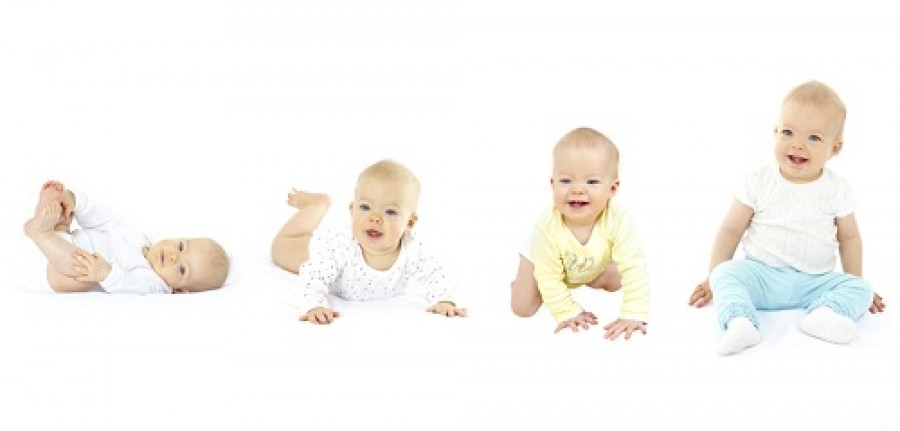Newborn Screening Tests
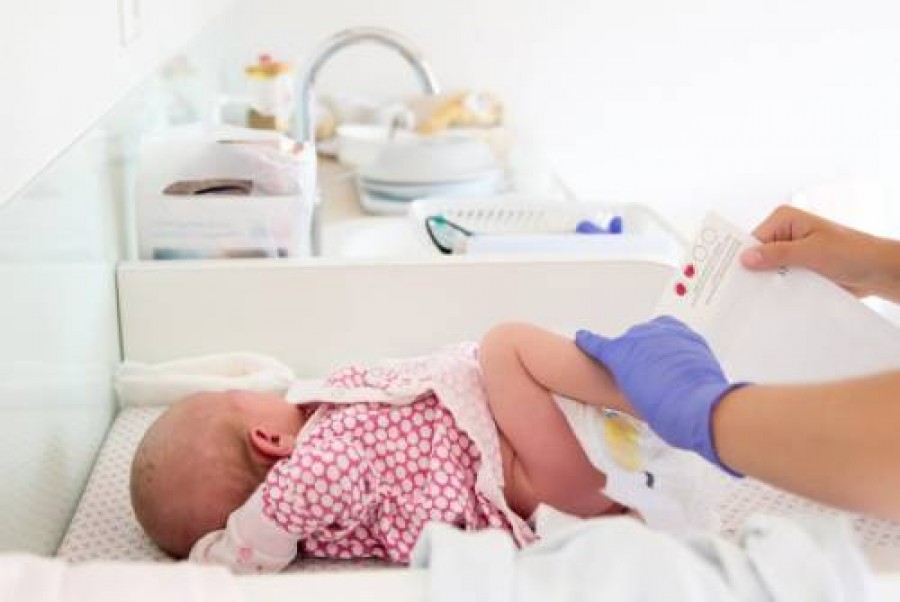
Babies born in the hospital are immediately cleaned and dressed by the hospital staff and some compulsory tests are immediately performed on the baby. These tests are called Screen Tests (for newborns).
These tests are done to check if the baby has any health issues and/or disorders, which includes growth issues, genetically passed problems, or any disorders related to baby’s metabolism. It is essential to get these tests done at this stage, because it becomes easier to treat any disease as early as possible.
These tests are performed to check whether there is a need of conducting any more tests on the baby to be sure that the baby is free of any ailment or disorders. Treatment will only be started if follow-up tests confirm the symptoms found in the baby.
Types of Newborn Screen Tests
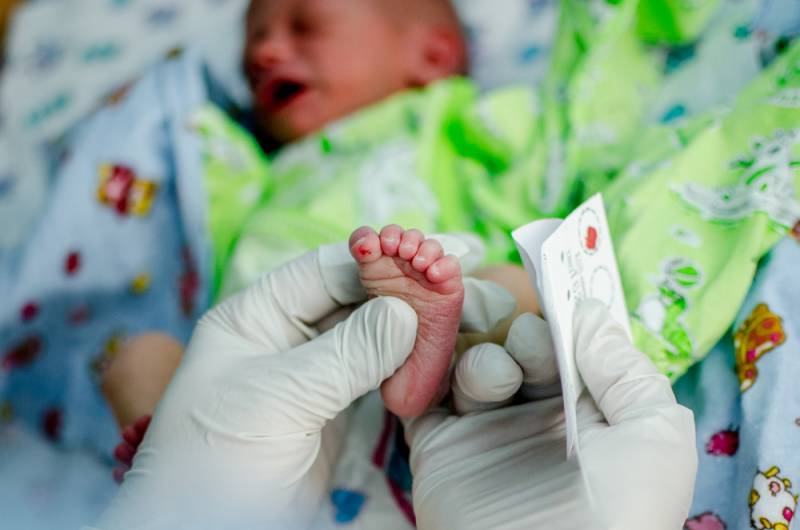
Blood Test
This test is performed by drawing little drops of blood from the heels of your baby. The blood samples are then sent to the laboratory for testing and analysing. Labs usually prepare and send the baby’s reports within 2 working days to the concerned doctor.
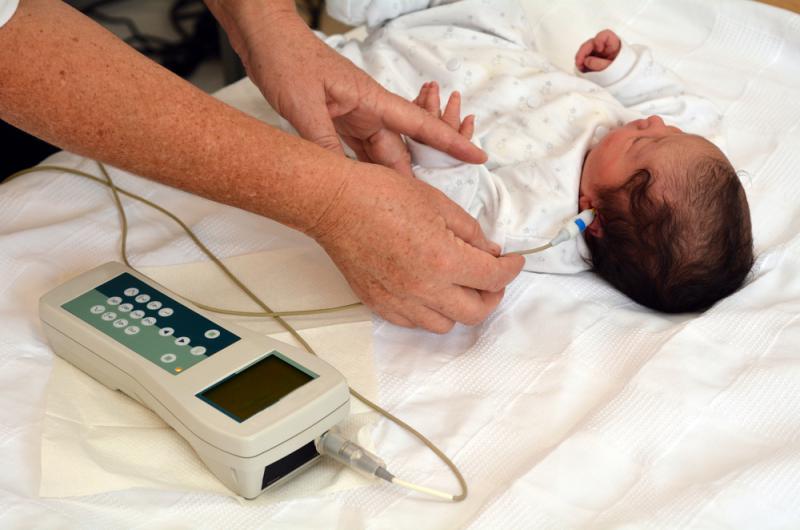
Hearing Test
This test is done on the 2nd or 3rd day of the baby’s birth. This test checks baby’s hearing power. There are two methods to test the baby’s hearing. In the first method, a small microphone or earpiece is inserted into infant’s ear and the second method involves usage of electrodes, which are placed over the head of the baby while the baby is asleep or very calm.
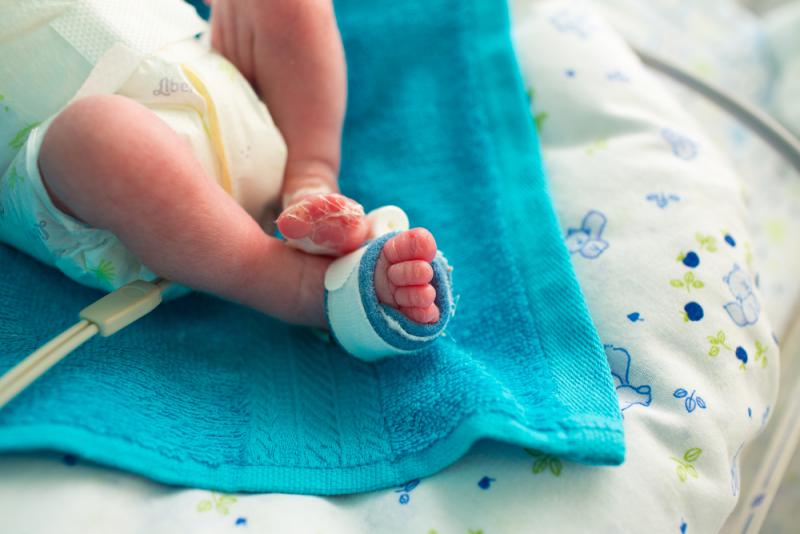
CCHD Screen (Critical Congenital Heart Disease)
CCHD is a condition when a baby’s heart develops in a different way before way before birth. The test is performed to check the how much Oxygen is the baby’s blood carrying.
A device known as the Oximeter is used to perform the CCHD screen test. A small sensor (device) that is attached to the baby’s hand and the foot for about 1 minute. the process is painless and has no side effects. The test can be observed in the Oximeter.
Results
If results are positive, then follow-up tests are performed just to confirm that the baby does not have any diseases or disorders. If results are negative, immediate treatment of the baby is started by the doctors.
Note: Normally a consent letter is signed by the parents where they give permission to the hospital staff to get their baby screen tested.
In some cases, if the parents of the baby do not want their baby to be tested for any disorders or illnesses, they are requested to sign a declaration stating that they understand the potential risks off their baby not being screen tested.


